The SA law that can keep uncontrollable sex offenders behind bars and the men who have come up against it
A court must decide if this paedophile syndicate leader should be declared an uncontrollable sexual predator to remain behind bars unless he can control his instincts.
Police & Courts
Don't miss out on the headlines from Police & Courts. Followed categories will be added to My News.
The state’s highest court has been asked to decide whether a paedophile syndicate leader who vowed to infect children with HIV should be declared an uncontrollable sexual predator.
If prosecutors convince the Supreme Court, then Jadd William Brooker will die behind bars unless, some day in the future, two doctors agree he’s willing to – and capable of – controlling his perverse instincts.
Some in the community will see this argument as needless, given Brooker’s confessions to 182 of the worst crimes that can be committed against children and teenagers.
But the debate would not even be happening, and Brooker would have no impediment to eventual parole, if not for a brave abuse survivor’s public stand five years ago.
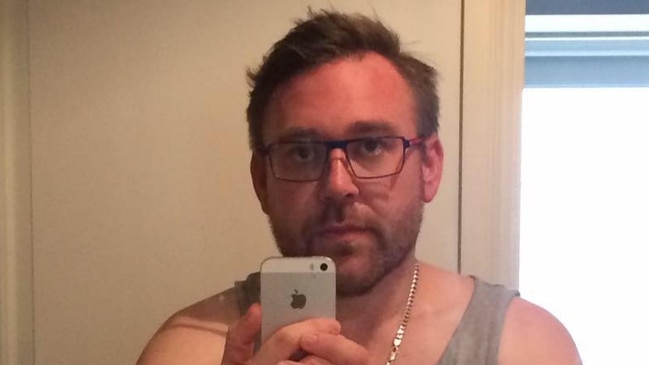
In March 2018, infamous child kidnapper and molester Colin Humphrys was released by the Supreme Court to live under supervision in the Bowden-Brompton area.
The court heard Humphrys had not rehabilitated, the Parole Board lacked the resources to monitor him and he could offend within 30 minutes of meeting a child.
But it could not stop him because South Australian law – unchanged for decades – prioritised an offender’s right to parole over the safety of the community.
Thankfully, before Humphrys set foot outside of prison, his victim – now an adult, known only as “XX” – made a public appeal for common sense.
Aided by The Advertiser and the Carly Ryan Foundation, “XX” called for legislative change to keep the men he dubbed “monsters” in prison.
His plea worked and, just three months later, the rewritten laws passed through parliament with bipartisan support.
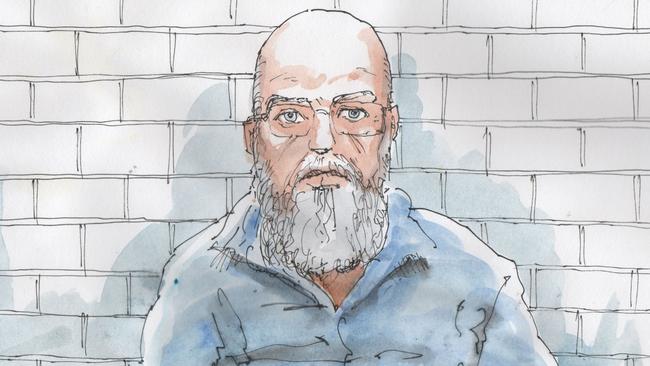
The legislation blocks a child sex offender from being released from custody, on parole or on licence, into the community unless and until two mental health experts agree they are both willing to and capable of controlling their predatory sexual instincts.
Despite that political will, the uptake of the law has not been without issues.
Two men detained under an earlier iteration of the law appealed, to the High Court, against the SA Supreme Court’s refusal to release them.
During their applications for special leave to appeal, Justice James Edelman noted that aspects of the wording of the laws ran “against almost the entire tenor of the criminal law”.
The appeals were unanimously allowed by five judges of the High Court.
As a result, the changed law is used sparingly – but the Attorney-General’s Department continues to identify accused who fit the criteria for being kept apart from the community.
These are the men who have come against the new laws:
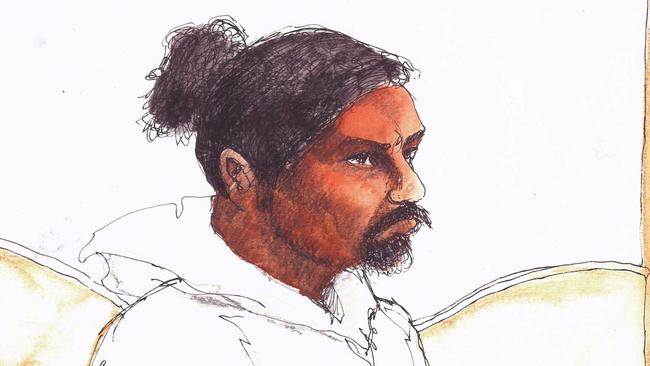
Aiden Harvey Driver
Detained under a continuing detention order
Known as the Linear Park rapist, Driver was arrested in 2009 for crimes against women in their homes and walking alone in parks.
In 2021, Driver applied to be released from prison and allowed to travel to the Northern Territory.
However, then Supreme Court Justice Mark Livesey found that Driver was unwilling to control his sexual impulses.
He had told doctors he still liked the crime of rape “a little bit” and “thinks its good”.
Matthew Barber
Application for continuing detention dismissed – however court indicated the order would have been made if he was not jailed
A repeat sex offender who was “fixated on sexual violence” as he stalked the women of a small country town, Barber was jailed in May this year for a series of offences.
The Attorney-General’s Department applied to have Barber declared an uncontrollable sex offender.
However, Justice Sandi McDonald declined to make the order.
She noted that she was jailing Barber for at least another four years and the making of the order was “premature”.
“If (Barber’s) release was imminent I would have no hesitancy in making the order today,” she said.
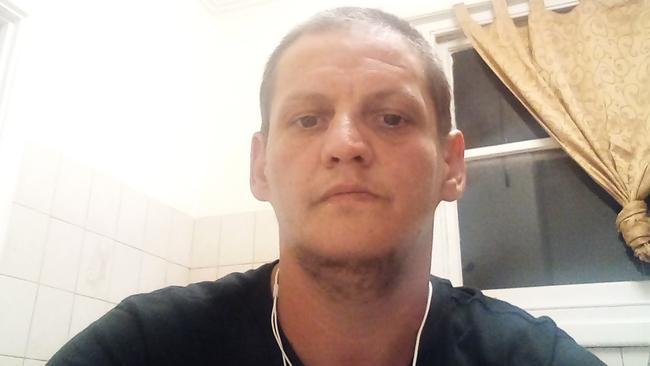
Darryl Martin Hore
Detained under a continuing detention order in 2016 – order overturned by the High Court
Repeatedly jailed for crimes against children, Hore was found to have no insight into his behaviour and continue to pose a risk.
Hore’s offending started in 2003 and continued until he was jailed in 2015.
After several years in custody, Hore applied for release under strict conditions but was refused as the court considered he had not displayed he was no longer a risk to the community.
He appealed unsuccessfully to the Court of Appeal but joined with Jacob Wichen, another detained prisoner, to launch an appeal in the High Court.
The High Court unanimously allowed the appeal.
Jacob Wichen
Detained under a continuing detention order in 2016 – order overturned by the High Court
In 2003 Wichen pleaded guilty to breaking into the home of a 65-year-old woman and attempting to rape her.
The court ordered in 2011 that Wichen be detained until further order as being unwilling to control his sexual urges.
He, like Hore, appealed subsequent refusals to release him to the High Court where the judges found that the Supreme Court should take into consideration whether special conditions put on a prisoner when released would address concerns around community safety.
The order was overturned by the High Court.
James Michael Faulkner
Application for continuing detention dismissed, placed on an extended supervision order.
Faulknew was sentenced to 16 years in prison in 2002 for three counts of unlawful sexual intercourse, 10 counts of indecent assault, serious criminal trespass with intent of abducting a child under 16 and attempted abductions.
When released on parole he reoffended by accessing child exploitation material.
In 2018 the Attorney-General applied for Faulkner to be permanently detained or placed on an extended supervision order.
The court held that any risk Faulkner posed could be managed in the community and did not warrant continuing incarceration.
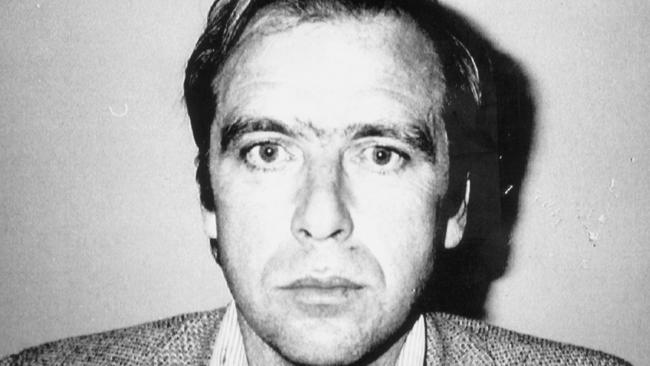
David Rigney-Brown
Application for continuing determination dismissed.
Declared a serious violent offender, Rigney-Brown was placed on an extended supervision order in August 2020.
He had previously been jailed for serious assaults as well as armed robbery.
While under the extended supervision order Rigney-Brown was convicted of eight more criminal offences and breached his conditions on numerous occasions.
The court held it was not necessary to hole Rigney-Brown behind bars as none of the offences involved acts of violence.
He remains on an extended supervision order.
Edward Allen Williams
Application for continuing detention dismissed.
Williams was handed a suspended sentence in 2016 for possessing child exploitation material but was jailed after committing further offending including child grooming offences.
When released he was placed on an extended supervision order but breached the conditions of his release, including making death threats to corrections staff.
The court held that while Williams posed an appreciable risk, he would better be able to access rehabilitation services in the community.
If he had stayed behind bars he would have spent up to two years awaiting access to education programs.




